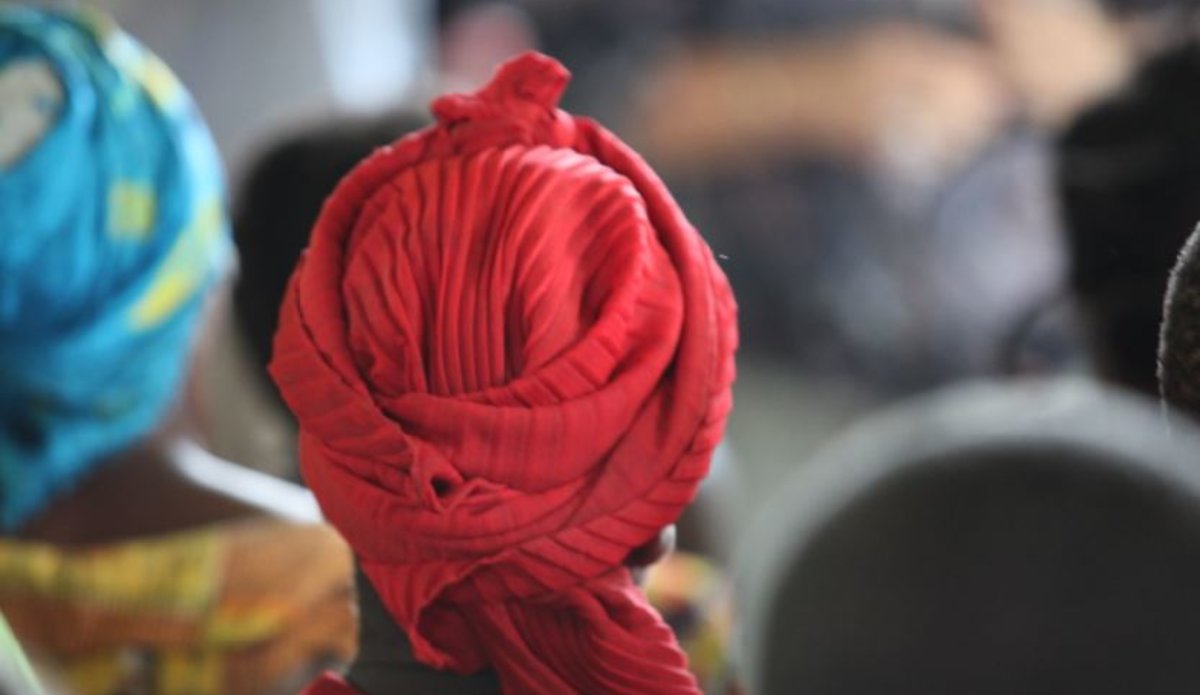Since the Great Lakes conflict began in 1996 over 200,000 cases of sexual violence have been recorded in the Democratic Republic of Congo and countless more have gone undocumented. The scale of the abuses and their physical, emotional and economic consequences continue to pervade and reinforce instability particularly in the East.
The drivers of sexual violence are complex but recognized to stem from state fragility and the lengthy nature of the conflict. Over time both community protection mechanisms and the status of women and girls have gradually been eroded. Furthermore the fragmented command structures of both militia and government security forces (FARDC) have led to the use of sexual violence as a military tactic.
Response
Amid substantial advocacy on effectively combating sexual violence, the United Nations Security Council has issued a series of resolutions advancing greater involvement of women in peace and security (Res 1325), strengthening the UN’s protection, prevention and response to sexual violence (Res 1794), protecting children in armed conflict from sexual violence (Res 1882) and among other things, calling for the appointment of a Special Representative for the Secretary General on Sexual Violence (Res 1888). A further resolution led the Security Council to confirmed the link between conflict-related sexual violence and sustainable peace and security (Res 1820).
Furthermore the UN Action Against Sexual Violence in Conflict (UN Action) unites the work of 13 UN entitites with the goal of ending sexual violence during and in the wake of conflict. It is a concerted effort by the UN to improve coordination and accountability, amplify programming and advocacy, and support national efforts to prevent sexual violence and respond effectively to the needs of survivors.
In April 2008 with the support of UN Action, a Senior Adviser and Coordinator on Sexual Violence in DRC was appointed and a Comprehensive Strategy on Combating Sexual Violence in the Democratic Republic of Congo was developed. This UN system-wide strategy, adopted across all UN agencies and MONUC, is a common framework and platform for action for all those combating sexual violence in DRC in line with Security Council resolutions.
 UN
UN United Nations Peacekeeping
United Nations Peacekeeping
